How many of us think our families have fully expressed their grief?
As far back as I can recall from my early childhood memories from India, I vividly remember that my mom and paternal grandmother would make it a point to attend funerals/family visits whenever there was a loss. I come from a very large, close-knit family which helped foster one of my core values to support one another through both good and bad times. I also have memories of all families coordinating ritual ceremonies that lasted for 13 to 40 days. Since I was the youngest in the family, I was sheltered from talks of any loss. All I recall is people crying loud and making big scenes. At least, that is how I perceived losses as a child.
As I came to the US at age 12, my dear grandmother in India passed away and my dad couldn’t leave the country to be there for his mom’s funeral. I don’t recall him discussing his feelings with us, but I saw him crying frequently. When I was in my early twenties, I also lost my maternal grandparents who were living in the US. I don’t recall my mom expressing much of her feelings with the family.
How did my mom and dad bear so much pain from the loss of their parents?
Honestly, I never thought of all this until after I had lost my mom in September 2021. I started to wonder as feelings of emptiness came over me. Because of COVID, mom’s funeral was much smaller, prioritizing the safety of our loved ones. While all this felt normal at that time, a couple of months later, I felt the weight of many unprocessed emotions arising. The pain of giving my mom around the clock for almost a week had numbed me. I felt so weak one morning that I had to seek help from my family as this responsibility was weighing me down. I needed to take a break so I could care for myself.
I recall the day after she passed, one of my close co-workers asked me what my day was like when I lost my mom and what that day had meant to me. I reflected on those questions and the answer that came to me was that my mom wanted me to step away from any suffering. I chose to step away and was inclined to visit the Buddhist temple, which ironically represents nirvana (free from suffering and cycle of death/rebirth). The long journey of hospice ended that very night, and this last day memory also made me appreciate the true meaning of life (both mine and my mom’s). That day, my mom gave me the strength to recognize my higher purpose. My calling was to use my strengths to empower other women. After a few months of reflection and healing, I found meaning to honor the loss of my parents and to start my journey to become a life coach.
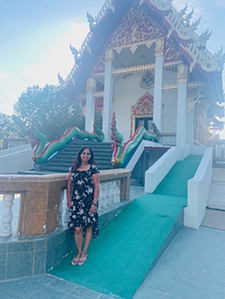 By Anju Puri
By Anju Puri
Transformation & Life-Purpose Coach
Corporate Trainer, Learning Tree International
SAMHIN volunteer
I invite you to share your experiences of grief and loss. Sharing eases pain.
Subscribe to SAMHIN’s email list if you would like to be notified when SAMHIN publishes new blog posts.
Feature image by Hubi’s Tavern on Unsplash

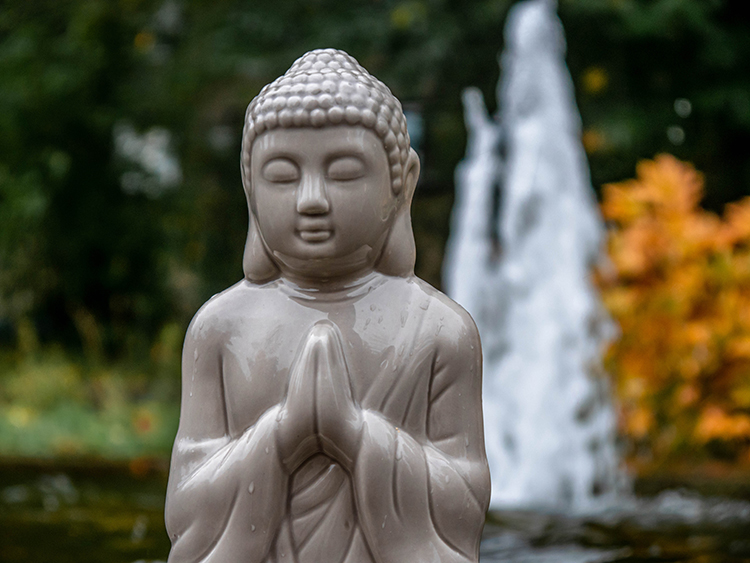

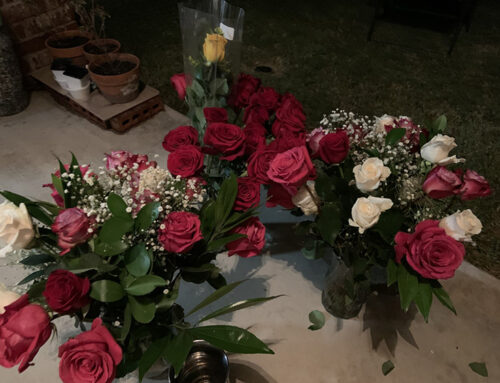
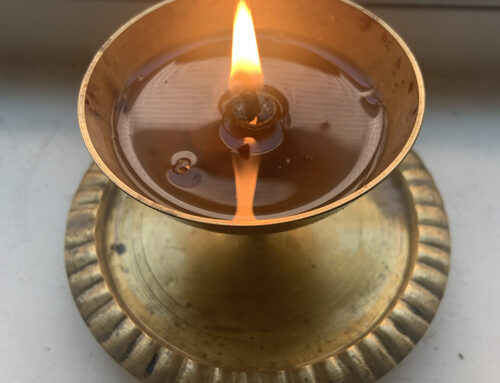
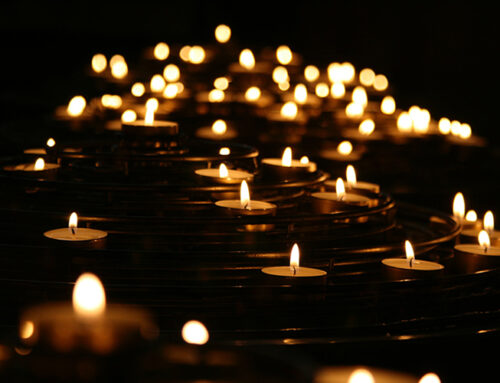
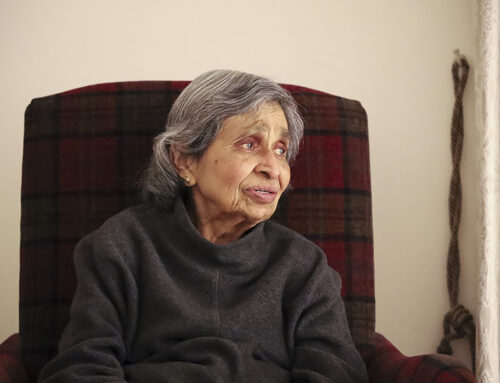
Leave A Comment